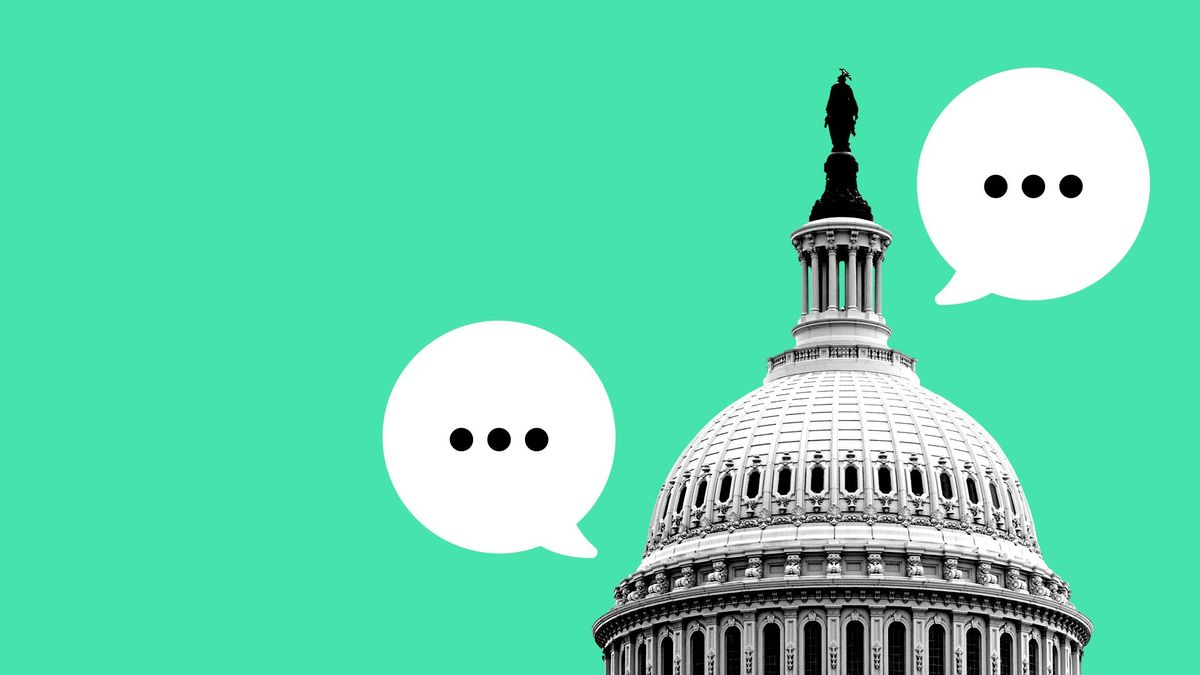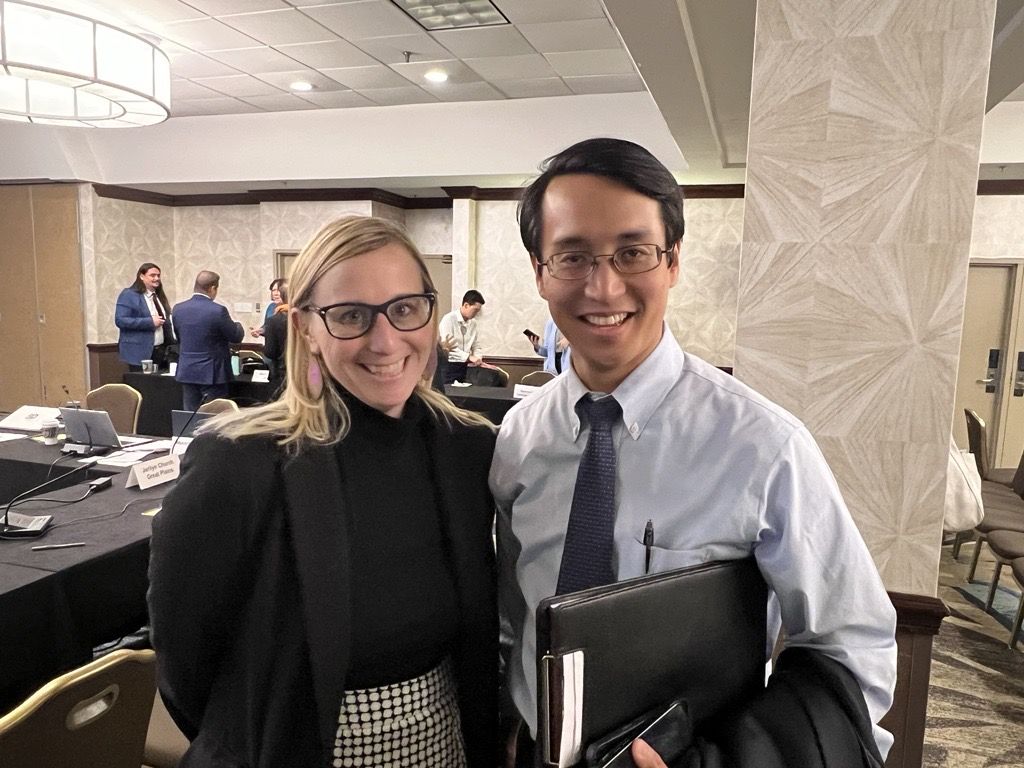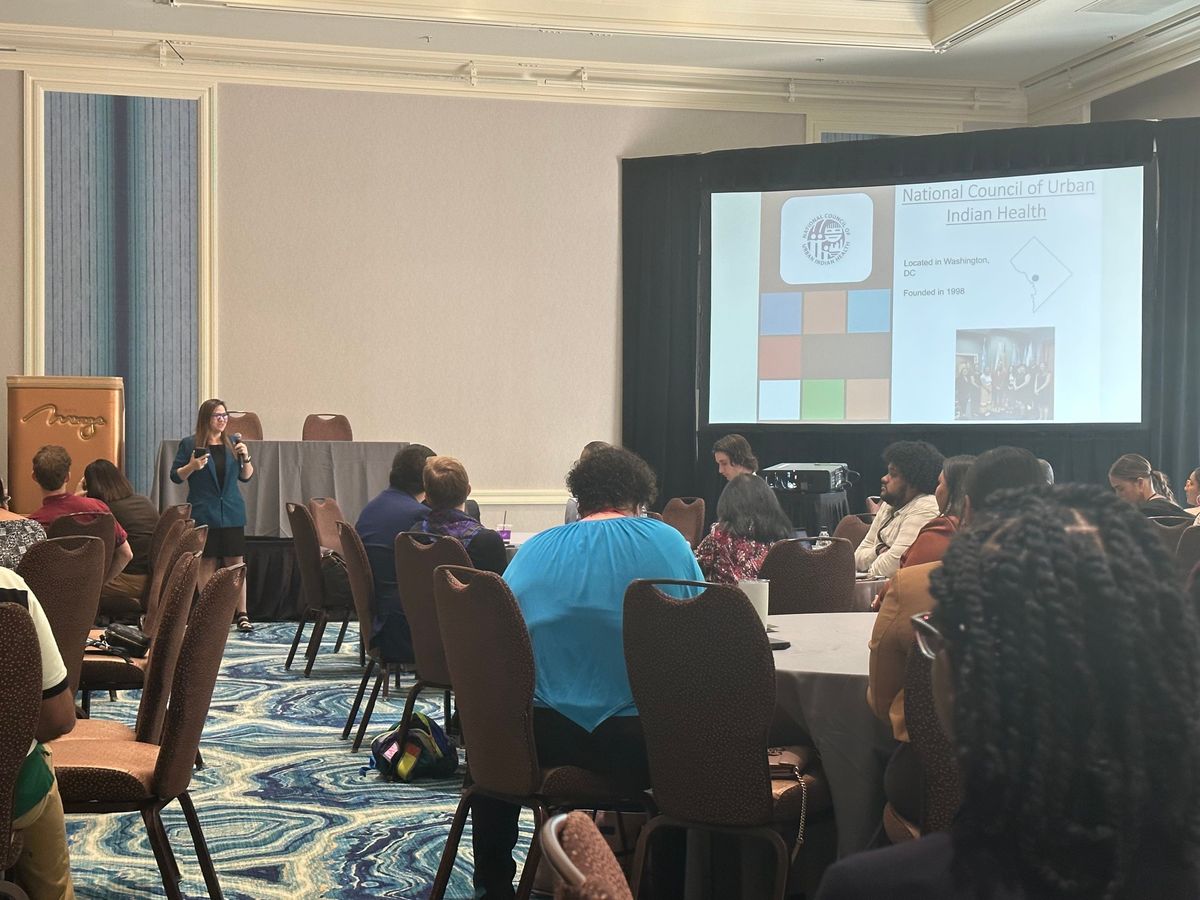On September 12, 2023, the National Indian Health Board (NIHB), the National Council of Urban Indian Health (NCUIH), and 15 Tribal partner organizations sent a letter to House and Senate leadership requesting the reauthorization of the Special Diabetes Program for Indians (SDPI) be brought for consideration for a floor vote by September 30, 2023. The letter emphasizes that SDPI serves 780,000 American Indians and Alaska Natives across 302 programs in 35 states and is scheduled to expire on September 30, 2023.
SDPI provides culturally informed care, funds life-saving efforts to fight diabetes at Indian Health Services facilities (including 31 UIOs), and is critical to improving long-term health outcomes in Indian Country. The highly successful, bipartisan program is a proven success, and reauthorization should be a top priority for Congress.
Read the Full Letter
Full Letter Text
Dear Speaker McCarthy, Minority Leader Jeffries, Majority Leader Schumer, and Minority Leader McConnell:
On behalf of the undersigned Tribal partner organizations and the 574+ sovereign federally recognized American Indian and Alaska Native (AI/AN) Tribal nations we serve, we write today to thank you for your longstanding support of the Special Diabetes Program for Indians (SDPI) and ask for your commitment to reauthorize this vital program before it expires at the end of this month. Please bring the SDPI forward for consideration for a floor vote by September 30, 2023.
The Special Diabetes Program for Indians serves 780,000 American Indians and Alaska Natives across 302 programs in 35 states.1 SDPI focuses on a culturally informed and community-directed approach to treat and prevent Type 2 diabetes in Tribal communities. American Indians and Alaska Natives disproportionately suffer from Type 2 diabetes, but thanks to the success of SDPI, that statistic is improving.
As part of the Balanced Budget Act of 1997, Congress established the SDPI program to address the growing epidemic of diabetes in AI/AN communities. At a rate approximately twice the national average, AI/ANs have the highest prevalence of diabetes. Further, AI/ANs are 1.8 times more likely to die from diabetes. In some Tribal communities, over 50 percent of adults have been diagnosed with Type 2 diabetes. However, from 2013 to 2017, diabetes incidence in AI/ANs decreased each year for the first time, thanks to the success of the SDPI program. American Indians and Alaska Natives are the only racial/ethnic group that has seen a decrease in prevalence.2 SDPI has also resulted in significant savings in Medicare due to a reduction in End Stage Renal Disease (ESRD). Between 1996 and 2013, incidence rates of ESRD in AI/AN individuals with diabetes declined by 54 percent. This reduction alone is estimated to have saved $520 million between 2006-2015.3
SPDI is bipartisan and widely supported in Congress but has yet to be reauthorized. Earlier this year, the Congressional Diabetes Caucus led bipartisan sign-on letters requesting support to reauthorize SDPI. The letters received 60 Senate signers and 240 House signers. And while these letters may show how bipartisan this program is, they do not reauthorize the most effective federally funded program.
More recently, legislation was passed out of committee in both the House (H.R. 3561) and Senate (S. 1855) that would reauthorize the SDPI program at $170 million per year for two years but awaits consideration by the full House and Senate. Failure to reauthorize SDPI will create unnecessary program uncertainty and impact the continuity of care for the patients who depend on this highly effective program. Despite the lack of funding, the Special Diabetes Program for Indians continues to prove how successful and widely bipartisan it is.
Unless the Speaker of the House and the Senate Majority Leader bring legislation to the floor for a vote, the program will expire on September 30, 2023, resulting in diminished type 2 diabetes care for thousands of AI/ANs. This program is highly successful, bipartisan, and has proven to be a worthwhile financial investment of taxpayer dollars.
The future of this successful program is in the hands of Congress. Passing legislation to reauthorize the SDPI program must be a top priority in September. The undersigned organizations urge House and Senate leadership to schedule the legislation for a floor vote and reauthorize the Special Diabetes Program for Indians by September 30, 2023.
Sincerely,
Alaska Native Health Board
Albuquerque Area Indian Health Board, Inc.
American Indian Higher Education Consortium
California Rural Indian Health Board
Great Plains Tribal Leaders’ Health Board
Inter Tribal Association of Arizona
Midwest Alliance of Sovereign Tribes
National Congress of American Indians
National Council of Urban Indian Health
National Indian Child Welfare Association
National Indian Education Association
Northwest Portland Area Indian Health Board
Rocky Mountain Tribal Leaders Council
Self-Governance Communication and Education Tribal Consortium
Southern Plains Tribal Health Board
United South and Eastern Tribes Sovereignty Protection Fund
National Indian Health Board
Background
In March 2023, the House Diabetes Caucus Leaders and Senate Diabetes Caucus Leaders sent a letter to House and Senate leadership advocating for the reauthorization of SDPI and outlining the program’s positive impacts on reducing diabetes in AI/AN communities. The House Diabetes Caucus letter closed with 238 signatures, and the Senate Diabetes Caucus letter closed with 60 signatures.
SDPI includes research-based interventions for diabetes prevention and cardiovascular disease (CVD) risk reduction AI/AN community-based programs and healthcare settings. AI/ANs have the highest diabetes prevalence rates of all racial and ethnic groups in the United States. AI/AN adults are almost three times more likely than non-Hispanic white adults to be diagnosed with diabetes. The program has demonstrated success with a 50% reduction in diabetic eye disease rates, drops in diabetic kidney failure, and a 50% decline in End Stage Renal Disease. SDPI is, therefore, a critical program to address the disparate high rates of diabetes among AI/ANs.
The 31 UIOs currently receiving SDPI funding have used these funds to purchase blood sugar monitoring devices, medication, wound care, endocrinology, and retinal imaging services. Other projects include a robust preventative education and support system and a Garden Project to teach classes about creating and maintaining a healthy diet.








